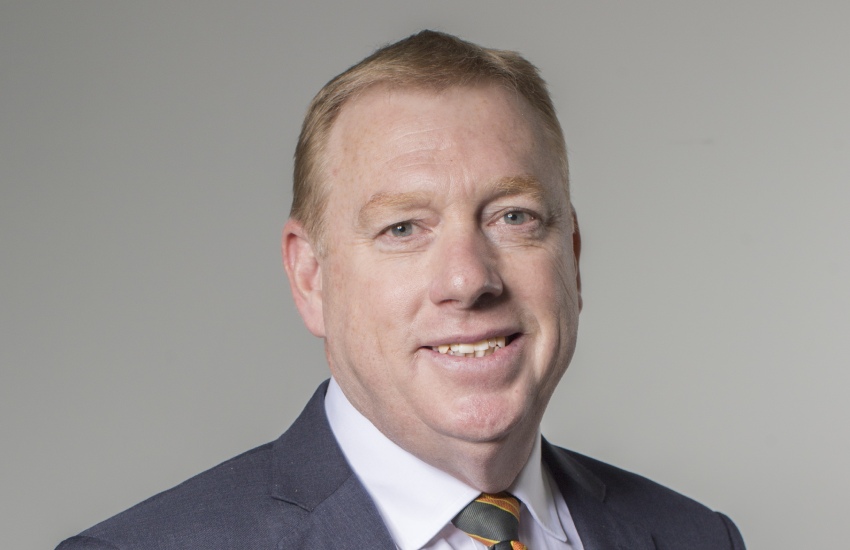ScotPac’s latest SME Growth Index, released this week, has found that since 2015, there has been a positive shift in SME trust when it comes to their interaction with the accounting profession.
While overall business owners are still most likely to turn to colleagues, suppliers or trading partners for advice, the research identified that there’s been a 22 per cent increase since 2015 in SMEs naming their accountant as their go-to in this regard.
You’re out of free articles for this month
“Running a business can be lonely at any time let alone in challenging conditions, so it’s great to see many more SME owners having a trusted advisor to lean on,” ScotPac senior executive Craig Michie said.
“In our 2017 research, four out of 10 business owners had no trusted advisor– this is now down to less than one in 10.
“More than 90 per cent of respondents now having a trusted someone they turn to for business advice is a promising trend.”
While trust in the accounting profession is heading in the right direction, there’s still work to be done, Mr Michie said.
“Key small business consultants including accountants, bookkeepers and brokers still have a lot of work to do in order to top the ‘trusted advisor’ list for SMEs,” he said.
“The pandemic put a spotlight on cost containment, and it’s possible that SMEs may be seeking advice from those they trust but where costs aren’t incurred, as opposed to sourcing paid professional advice.
“While SMEs have indicated that accountants and bookkeepers have been invaluable in providing advice to navigate pandemic grants and support, and brokers have played a key role in securing funding, the fact is that SMEs continue to put more trust elsewhere.”
Looking ahead
Going forward, Mr Michie said the number of SMEs looking to their accountant for business advice will likely increase off the back of the pandemic.
“It is reassuring that while starting from a low base, the historic trend in SME Growth Index research is that accountants are trending upwards as most trusted advisor. Accountants were listed as key trusted advisor by 9 per cent of SMEs in 2015, 9.3 per cent in 2017 and 11.2 per cent in 2021,” he explained.
“When asked how they deal with cashflow issues, almost one in five SMEs (18.6 per cent) said they got on the front foot thanks to applying their accountant’s pandemic recovery advice.”
Further, the research found that businesses who identified as being in “growth mode” are almost twice as likely to have an accountant as their main trusted adviser, compared to no-growth SMEs (14 per cent compared to 8.3 per cent).
No-growth SMEs (7.7 per cent) were almost twice as likely to rely on a family member for advice than their growth counterparts (4.3 per cent), or to have no trusted adviser (9.7 per cent against 5.7 per cent).
Emma Musgrave
AUTHOR
Emma Ryan is the deputy head of content at Momentum Media and editor of the company's legal publication, Lawyers Weekly.
Emma has worked for Momentum Media since 2015 and has been responsible for breaking some of the biggest stories in corporate Australia. In addition, she has produced exclusive multimedia and event content related to the company's respective brands and audiences.
A journalist by training, Emma has spent her career connecting with key industry stakeholders across a variety of platforms, including online, podcast and radio. She graduated from Charles Sturt University with a Bachelor of Communications (Journalism).

 Login
Login







